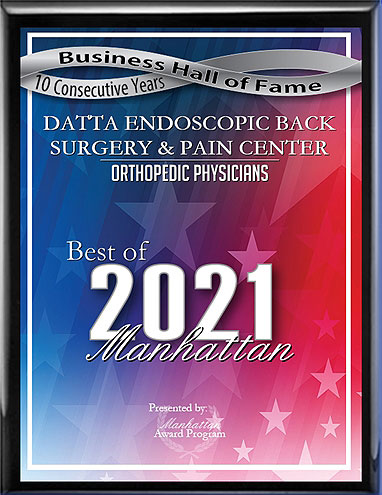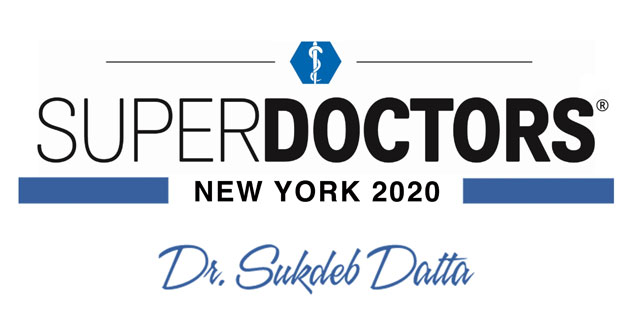Spinal disc problems are among the most common back problems, and bulging and herniated discs are the two most common disc problems. These issues may arise either as a result of acute trauma, or due to disc degeneration. Below, we'll take a look at the difference between herniated and bulging discs, as well as what treatments are available for them.
Understanding Disc Anatomy
Each of the vertebrae in the spine is separated by an intervertebral disc. The discs are made out of cartilage. The outer portion of the disc, the annulus fibrosus, is firmer and gives shape to the disc. The inner portion of the disc, the nucleus pulposus, has a gel-like consistency.
The discs lie near the spinal cord and nerve roots, so damage to them may cause compression of those structures, resulting in symptoms like pain and muscle weakness.
Herniated Discs
A herniated disc occurs when the annulus fibrosus is ruptured, allowing the nucleus pulposus to bulge out. Although both types of discs can cause serious symptoms, herniated discs are more likely to cause symptoms. Similarly, both types of damaged discs cause no symptoms at all in many cases.
Bulging Discs
A bulging disc occurs when the annulus fibrosus remains intact but the disc becomes misshapen. Depending on how far the disc bulges, it may or may not cause symptoms.
Non-Surgical Treatments
Inflammation is a primary symptom of both herniated and bulging discs. By reducing inflammation and improving spinal alignment, the majority of cases can be resolved without resorting to surgical treatment. Some effective non-surgical treatments for disc problems include:
- Physical therapy
- Chiropractic treatment
- Oral medication
- Injections
In addition, patients are encouraged to make long-term lifestyle changes to minimize the risk of future exacerbations. Weight loss, regular stretching and exercise, and smoking cessation may enhance spinal disc health.
Surgical Treatments
If the disc does not respond to non-surgical treatment, or if symptoms are very severe and progressive, surgery may be considered. The majority of cases can be treated with non-surgical methods like laser spine surgery. These methods are the treatment of choice whenever possible because they come with a lower risk of side effects, no hospital stay, and shorter recovery time than traditional open spine surgery.
Only a doctor can diagnose your back problems and recommend a course of treatment. Dr. Sukdeb Datta would be happy to meet with you about treatment for your disc problems. To schedule a consultation today, please click below and enter your information or give us a call at (212) 430-0312.






 EDISCSCULPT
EDISCSCULPT



